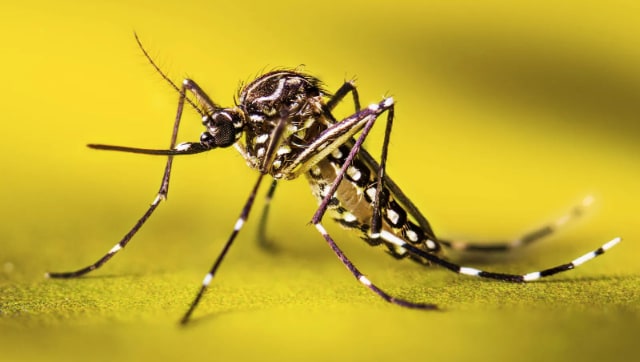
A team of microbiologists in Australia have found that a bacteria being carried by certain mosquitos, can make flesh in living organisms rot away. Called the M. ulcerans, it causes Buruli ulcer, a chronic disease that affects the skin, and sometimes bones as well
A recent study conducted by researchers in Australia has discovered a potential connection between native possums and the transmission of Buluri ulcer, a debilitating skin disease.
The study suggests that mosquitoes might be acting as carriers of the flesh-eating bacteria, Mycobacterium ulcerans, which causes the disease.
The bacteria that makes flesh rot in living beings
Typically, mosquitoes do not harbour the M. ulcerans bacteria. Instead, it is usually found in furry animals inhabiting regions across Australia and Africa. However, the research found evidence indicating that mosquitoes have become a means of transportation for bacteria.
Timothy Stinear, a molecular microbiologist from the University of Melbourne, presented the findings of the study on June 18 at the ASM Microbe 2023 conference held in Houston, Texas, highlighting the results of mosquito analyses conducted in southeastern Australia.
The study aimed to identify a potential link between possums and humans in the transmission of the flesh-eating bacteria known as M. ulcerans. They discovered that a small number of mosquitoes had recently fed on both possums and humans, suggesting a possible transmission route between the three species.
In a separate preliminary study published by Stinear and his colleagues, it was found that the bacteria in mosquitoes, possums, and humans were identical, indicating the ease of transmission between these species.
What does the bacteria do?
M. ulcerans is responsible for causing Buruli ulcer, a chronic and debilitating disease that primarily affects the skin, and sometimes the bones. It leads to painful ulcers, permanent disfigurement, and long-term disability. The disease is present in various countries with tropical, subtropical, and temperate climates across Africa, South America, and the Western Pacific regions.
The WHO says that the mode of transmission of the disease is not yet known, but the possums in Australia are suspected to transmit it, with mosquitoes also possibly playing a role when interacting with the infected animals.
There’s no available prevention for Buruli ulcer, according to the WHO. The disease can be cured completely with antibiotics.
Should people be worried?
If you do not live in Australia or have no plans to visit the country, the risk of contracting the flesh-eating disease is low. In 2022, the World Health Organization reported approximately 2,100 Buruli ulcer cases from 11 countries, with only around 200-300 cases reported in Australia.
However, it is important to be cautious of mosquitoes in general, regardless of the specific disease they may carry. Mosquitoes have been linked to the resurgence of malaria cases in Florida, USA, as well as cases of West Nile fever in Italy, demonstrating the potential risks associated with mosquito-borne diseases.
Stay connected with us on social media platform for instant update click here to join our Twitter, & Facebook
We are now on Telegram. Click here to join our channel (@TechiUpdate) and stay updated with the latest Technology headlines.
For all the latest Technology News Click Here
For the latest news and updates, follow us on Google News.
